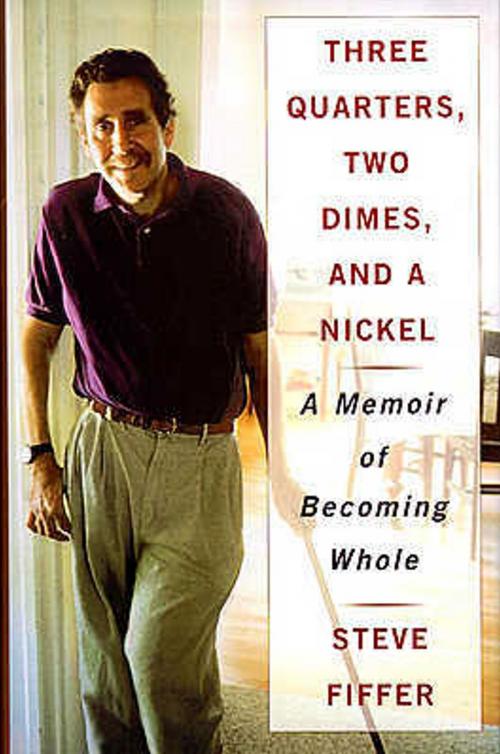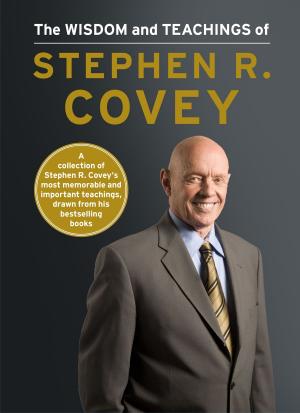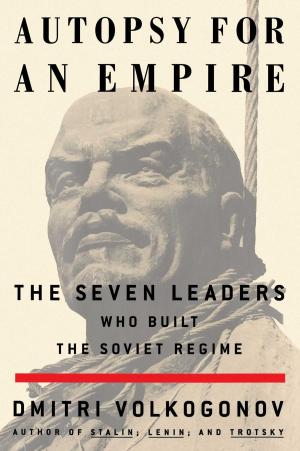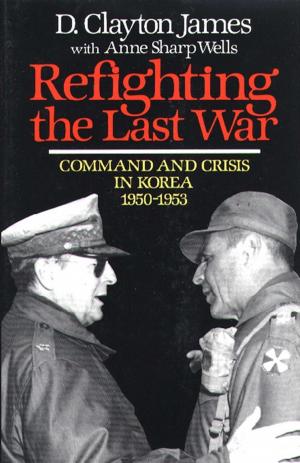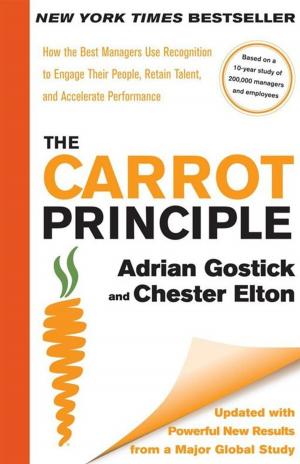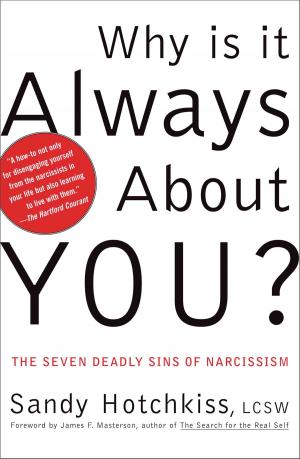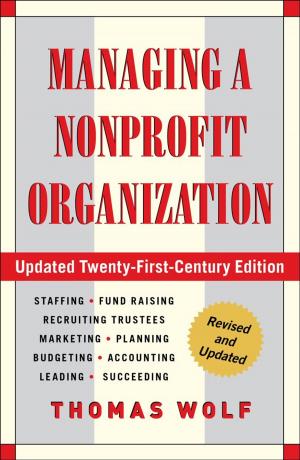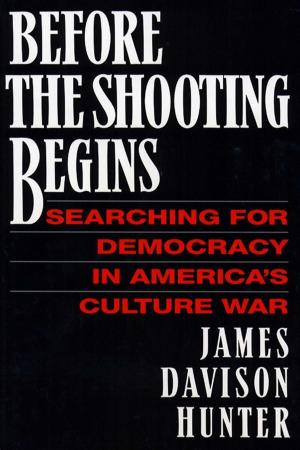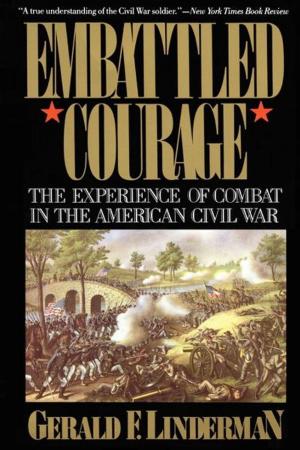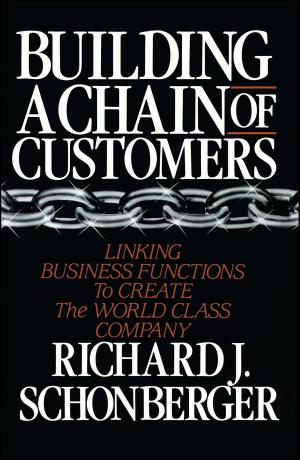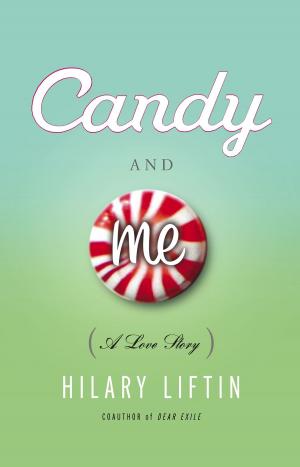| Author: | Steve Fiffer | ISBN: | 9780684873510 |
| Publisher: | Free Press | Publication: | September 24, 1999 |
| Imprint: | Free Press | Language: | English |
| Author: | Steve Fiffer |
| ISBN: | 9780684873510 |
| Publisher: | Free Press |
| Publication: | September 24, 1999 |
| Imprint: | Free Press |
| Language: | English |
What would you do if you were seventeen years old and broke your neck? It's tough enough to stand on the verge of adulthood without the extra burden of not being able to stand at all. Steve Fiffer had his whole life ahead of him in December 1967 when he fractured his fifth cervical vertebra in a wrestling accident at school, shattering his dreams. The diagnosis was quadriplegia, and his parents were told that he would never walk again. Steve, however, was not content to accept such a fate. He had always been taught that he was a leader, not a follower, and he was not going to take this news lying down. Within five months he was out of the hospital, within seven he was on crutches, and within nine he was beginning his freshman year at Yale University. And most remarkable of all, he never lost his wisecracking sense of humor or his hunger for all that life has to offer.
Three Quarters, Two Dimes, and a Nickel is Steve Fiffer's story of his coming of age, and of how he created a normal life for himself despite his injury. Steve refused to be consumed or defined by his physical condition; he may not be a dollar bill, he explains, but he's still "three quarters, two dimes, and a nickel." His battle to come back from his injury casts into sharp relief the drama of becoming an adult and wrestling with issues of identity, relationships, and ambition. We join him around the dinner table as he rebuilds his once-distant relationship with his father and gains a new appreciation of their bond; we agonize with him as he tries to find true love (or at least lose his virginity) despite his self-consciousness about his physical awkwardness, and we join him at the Lawson YMCA in downtown Chicago, where he rebuilds his body under the watchful eye of the manic physical-fitness coach Dick Woit, a retired football star who puts Steve through a sort of boot camp to raise his sights even higher and propel him off his crutches for good. Part guru, part drill instructor, Woit helps Steve to develop the mental toughness to put the injury behind him and to embrace adulthood and all its responsibilities.
By turns poignant, darkly comic, and ultimately triumphant, Three Quarters, Two Dimes, and a Nickel is an affirmation of how the ordinary joys of life can win out even in extraordinary circumstances.
What would you do if you were seventeen years old and broke your neck? It's tough enough to stand on the verge of adulthood without the extra burden of not being able to stand at all. Steve Fiffer had his whole life ahead of him in December 1967 when he fractured his fifth cervical vertebra in a wrestling accident at school, shattering his dreams. The diagnosis was quadriplegia, and his parents were told that he would never walk again. Steve, however, was not content to accept such a fate. He had always been taught that he was a leader, not a follower, and he was not going to take this news lying down. Within five months he was out of the hospital, within seven he was on crutches, and within nine he was beginning his freshman year at Yale University. And most remarkable of all, he never lost his wisecracking sense of humor or his hunger for all that life has to offer.
Three Quarters, Two Dimes, and a Nickel is Steve Fiffer's story of his coming of age, and of how he created a normal life for himself despite his injury. Steve refused to be consumed or defined by his physical condition; he may not be a dollar bill, he explains, but he's still "three quarters, two dimes, and a nickel." His battle to come back from his injury casts into sharp relief the drama of becoming an adult and wrestling with issues of identity, relationships, and ambition. We join him around the dinner table as he rebuilds his once-distant relationship with his father and gains a new appreciation of their bond; we agonize with him as he tries to find true love (or at least lose his virginity) despite his self-consciousness about his physical awkwardness, and we join him at the Lawson YMCA in downtown Chicago, where he rebuilds his body under the watchful eye of the manic physical-fitness coach Dick Woit, a retired football star who puts Steve through a sort of boot camp to raise his sights even higher and propel him off his crutches for good. Part guru, part drill instructor, Woit helps Steve to develop the mental toughness to put the injury behind him and to embrace adulthood and all its responsibilities.
By turns poignant, darkly comic, and ultimately triumphant, Three Quarters, Two Dimes, and a Nickel is an affirmation of how the ordinary joys of life can win out even in extraordinary circumstances.
